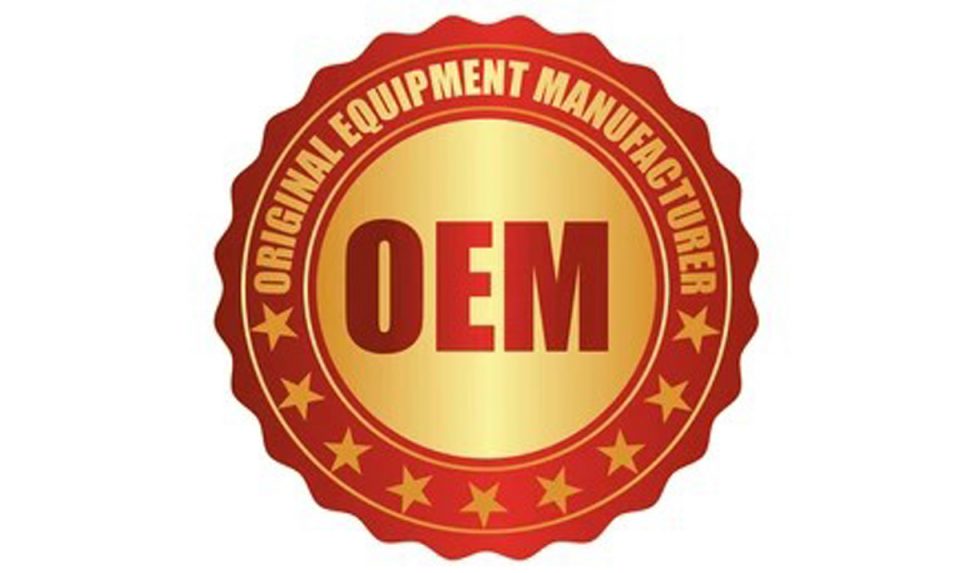Data from Original Equipment Manufacturers (OEMs) has suggested that approximately 63 million devices are sold each year in Nigeria.
It was also revealed that there were approximately 132 million unique devices on the telecommunications network in 2020, just as estimates further revealed that an average device owner changes devices every six to 18 months.
The Project Information Memorandum (PIM) for the deployment of a Device Management System (DMS), sighted by The Guardian, dated April 2022 and submitted to the Nigerian Communications Commission (NCC) by Weircapacity Consortium, the project Transaction Adviser on the DMS project revealed this.
The proposed DMS is an NCC project, expected to provide a single control point for comprehensive device management for mobile and network devices. It will also support capabilities for the tracking of telecommunication devices to eliminate fake and substandard devices, provide detailed statistical information for stakeholders’ use, and support the fight against cybercrime and insecurity.
The scope of the DMS deployment project is Design, Build, and Finance, Operate, Maintain and Manage the deployment of a DMS solution within the terms and conditions that will be prescribed in a PPP agreement.
According to the 17-page document, the DMS project has been certified by the ICRC for preparation and procurement as a PPP project, through a competitive bidding process via the solicited PPP procurement route, adding that the project is in line with Nigerian Communications Act (NCA), 2003 and the ICRC Act 2005.
The DMS system is expected to create a single window for telecoms devices enabling the NCC to proactively identify illegitimate or substandard devices that are not permitted on the Nigerian telecommunications network. The NCC intends to achieve the deployment of this DMS system using a PPP arrangement. In this arrangement, the private partner will establish, operate, and manage a DMS for the estimated 200 million telecommunications subscribers in Nigeria.
The DMS is also expected to have the capability to address the proliferation of fake, counterfeit, substandard and cloned mobile devices in the telecommunications industry in Nigeria.
The DMS will enable NCC to collect International Mobile Equipment Identity (IMEI) data and integrate it into NCC’s type approval process, so that stolen, illegal mobile phones and other smart devices are blacklisted and rendered inoperable. This solution is expected to reduce mobile phone theft, protect consumers’ interests, and enhance national security.
The document explained that the consumer market for telecommunication devices in Nigeria is far reaching and expanding rapidly with a huge number of various telephony services currently in Nigeria. Thus, the document noted that the opportunities a digitally literate population pose economically, socially, and developmentally are immeasurable.
According to it, the risks posed also, especially coupled with a youth unemployment rate estimated by the National Bureau of Statistics (NBS) at about 45 per cent, are severe. It pointed out that the NCC claimed that cybercrime alone, one of such risks, contributes to 0.08 per cent of the GDP loss, about $500 million.
“Tax evasion, terrorism, and health and safety violations are other risks associated with an increasingly digitally literate, mobile dependent economy. All these potential risks necessitate the need to have adequate tools and resources, backed by conscientious regulatory measures, to manage the growing mobile economy,” the document revealed.
The PIA informed that a considerable number of counterfeit ICT devices have found their way into global markets, including in Nigeria. It stressed that the proliferation of these devices is raising concerns about national security, performance, quality of service delivery and potential revenue losses for all stakeholders.
“This has led to the call by ITU Member States, particularly those in developing countries to address the issue, especially its negative effects and to study the impact of measures taken to address it. Counterfeit mobile devices pose security and health risks to the consumer as well as economic risks to the brand that is being counterfeited. In the background of Boko Haram in Nigeria and other terrorist groups using cloned cell phones many key security concerns relating to counterfeit electronic devices arise,” it stated.
According to the document, the implementation of the DMS project will require licenses, permits and approvals from the Federal Executive Council and NCC, while the institutions that will work together to ensure its success in Nigeria would include the Ministry of Communications and Digital Economy; Infrastructure Concession Regulatory Commission (ICRC); National Information Technology Development Agency (NITDA); Nigerian Customs Service (NCS) and the Standard Organization of Nigeria (SON).
The PIA noted that the technical approach is based on the implementation of a DMS system in India. It explained that India was selected as the benchmark case because its telecoms sector has several factors that are comparable to Nigeria. “For instance, there are multiple large operators in the Indian telecoms market. The telecoms network is spread over a wide geographic area and there is a significant underserved population.
“The Indian DMS system was set up by the Center for Development of Telematics (C-DOT), a technology center of excellence for the Government of India. Prospective bidders will be expected to propose architecture that addresses the unique requirements of the Nigerian market,” the document noted.




